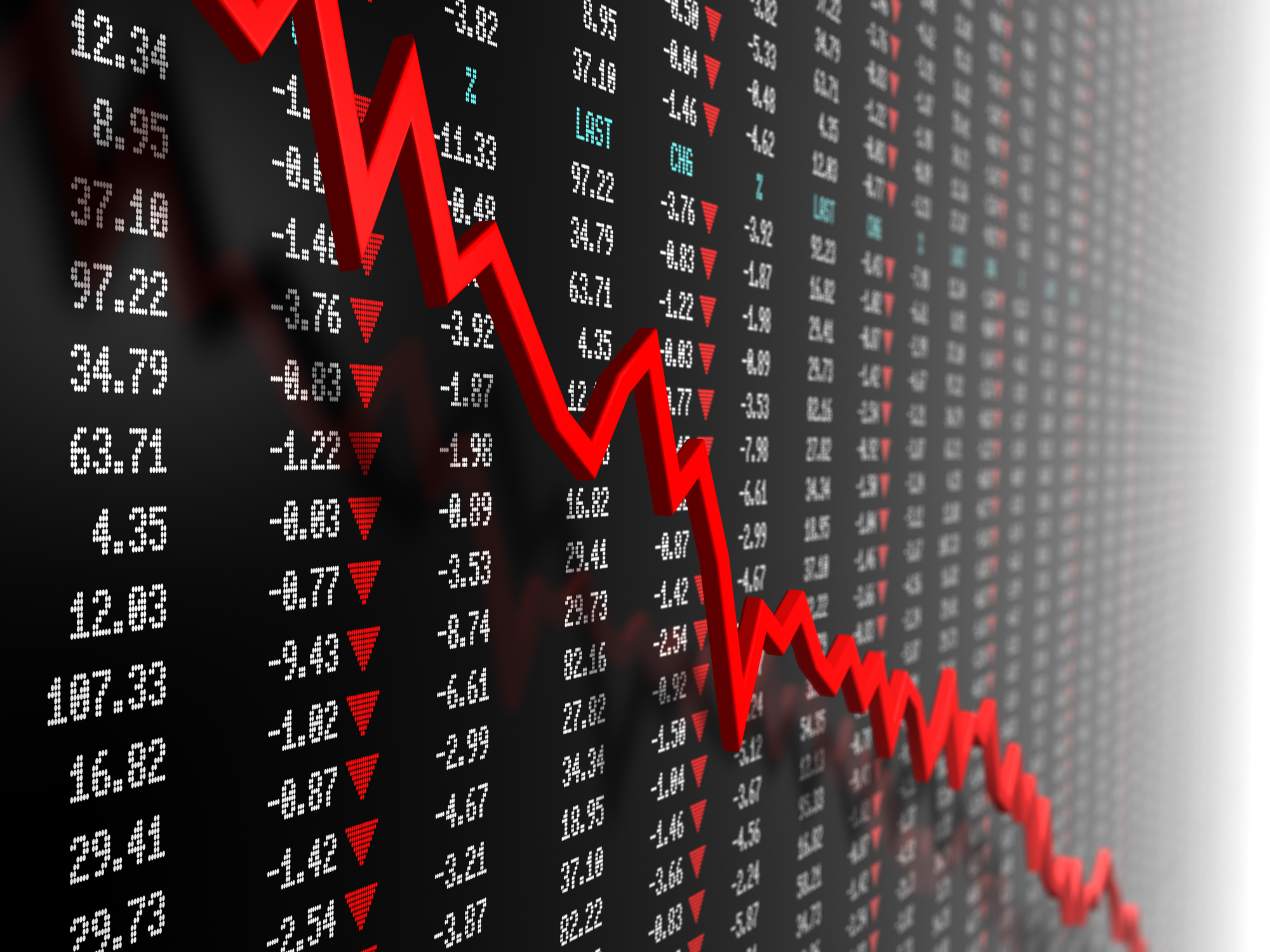In This Article
ToggleMarket failure occurs when the allocation of goods and services by a free market is not efficient. In other words, the resources are not distributed in a way that maximizes overall societal welfare. This phenomenon often arises due to imperfections in the market system, externalities, or asymmetric information. Market failure represents a significant issue in economics, as it highlights the limitations of free-market mechanisms and necessitates government intervention to correct inefficiencies.
Causes of Market Failure

Externalities
One of the primary causes of market failure is externalities. Externalities occur when a third party is affected by a transaction between others without being compensated or charged. Externalities can be either positive or negative.
- Negative externalities include pollution, where industrial activities harm the environment and public health without the company bearing the full cost of these consequences.
- Positive externalities involve benefits received by others, such as the societal gains from education or vaccination programs.
When externalities are present, the market price does not reflect the true cost or benefit of a product, leading to overproduction in the case of negative externalities or underproduction in the case of positive ones.
Public Goods
Public goods are another factor contributing to market failure. These goods are characterized by non-excludability and non-rivalry. Non-excludability means that once a public good is provided, it is difficult or impossible to exclude individuals from using it. Non-rivalry means that one person’s use of the good does not diminish its availability to others.
Examples of public goods include national defense, public parks, and street lighting. Since private firms cannot easily charge for the use of public goods, they often lack incentives to produce them, leading to underproduction and a reliance on government provision.
Information Asymmetry
Market failure can also arise from asymmetric information, where one party in a transaction has more or better information than the other. This imbalance can lead to adverse selection or moral hazard.
- Adverse selection occurs when buyers or sellers withhold critical information, leading to poor decision-making. For instance, in the health insurance market, insurers may struggle to differentiate between healthy and high-risk individuals, resulting in higher premiums for everyone.
- Moral hazard arises when one party engages in risky behavior knowing that the other party will bear the consequences. An example is individuals who take fewer precautions because they have comprehensive insurance coverage.
Monopoly Power
Market failure can occur when a single entity or a small group of firms gains excessive market power, creating a monopoly or oligopoly. These firms can manipulate prices, reduce production, and limit competition, leading to inefficiencies. Consumers are left with fewer choices and often pay higher prices for lower-quality goods or services.
Imperfect Competition

In some markets, competition is insufficient to drive efficiency. Imperfect competition, such as monopolistic competition and oligopolies, results in prices that do not reflect the true equilibrium between supply and demand. This inefficiency prevents resources from being allocated optimally.
Economic Inequality
Market failure can also stem from significant disparities in wealth and income distribution. While free markets may generate wealth, they can also exacerbate inequality, leaving a portion of the population without access to basic goods and services. In such cases, government intervention may be necessary to redistribute resources and ensure social equity.
Impacts of Market Failure
Inefficiency in Resource Allocation
Market failure leads to a misallocation of resources, where too much or too little of a good or service is produced and consumed. This inefficiency hampers economic growth and reduces societal welfare.
Environmental Degradation
In the case of negative externalities such as pollution, market failure contributes to environmental degradation. Industries producing harmful emissions often prioritize profits over environmental concerns, leading to long-term consequences for ecosystems and public health.
Social Inequality
Market failure exacerbates social inequalities by disproportionately affecting marginalized communities. Lack of access to education, healthcare, and housing are common outcomes of an unregulated market.
Reduced Innovation
When monopolies dominate markets, they may have little incentive to innovate or improve their products. This stagnation can hinder technological advancements and overall economic progress.
Solutions to Market Failure

Government Intervention
Governments often step in to correct market failures through various measures, such as:
- Taxes and subsidies: Imposing taxes on goods with negative externalities, such as carbon emissions, discourages overproduction. Conversely, subsidies for goods with positive externalities, like renewable energy, encourage their production and consumption.
- Regulation: Governments may introduce laws to prevent harmful practices, such as environmental regulations that limit pollution or antitrust laws that break up monopolies.
- Public goods provision: To address the underproduction of public goods, governments often provide these services directly or fund their production through public-private partnerships.
Market-Based Solutions
In some cases, market-based solutions can address failures without direct government involvement. For example, tradable pollution permits allow companies to buy and sell emission allowances, creating an incentive to reduce overall pollution.
Education and Information Campaigns
Improving access to information helps mitigate asymmetric information issues. Governments and organizations can launch campaigns to educate consumers about the benefits and risks of various goods and services, empowering them to make informed decisions.
Encouraging Competition
To reduce the effects of monopolies and imperfect competition, governments yowestogel can promote market competition through deregulation, breaking up monopolies, and encouraging the entry of new firms into markets.
Income Redistribution
To address economic inequality, governments can implement progressive tax systems and social welfare programs. These measures aim to redistribute wealth and provide basic necessities to underserved populations.
Examples of Market Failure in the Real World
Climate Change
Climate change is a textbook example of market failure caused by negative externalities. The costs of greenhouse gas emissions are not borne by the producers or consumers of fossil fuels but are instead distributed across society and future generations. Governments worldwide are grappling with this issue through measures like carbon taxes and international agreements.
Healthcare
In many countries, the healthcare market suffers from information asymmetry and the public goods nature of certain services, leading to underprovision. Government programs like Medicare and Medicaid in the United States aim to address these shortcomings by providing access to essential healthcare services.
Education
Education generates positive externalities, as an educated workforce contributes to economic growth and innovation. However, without government subsidies or interventions, private markets often fail to provide adequate access to quality education, particularly for low-income families.
Conclusion
Market failure is a critical concept that underscores the limitations of free markets in achieving optimal resource allocation. While market mechanisms can drive economic growth and innovation, they are not infallible. Externalities, public goods, information asymmetry, and other factors often lead to inefficiencies that require intervention. By understanding the causes and impacts of market failure, policymakers and economists can devise strategies to mitigate its effects and promote a more equitable and efficient economic system.




